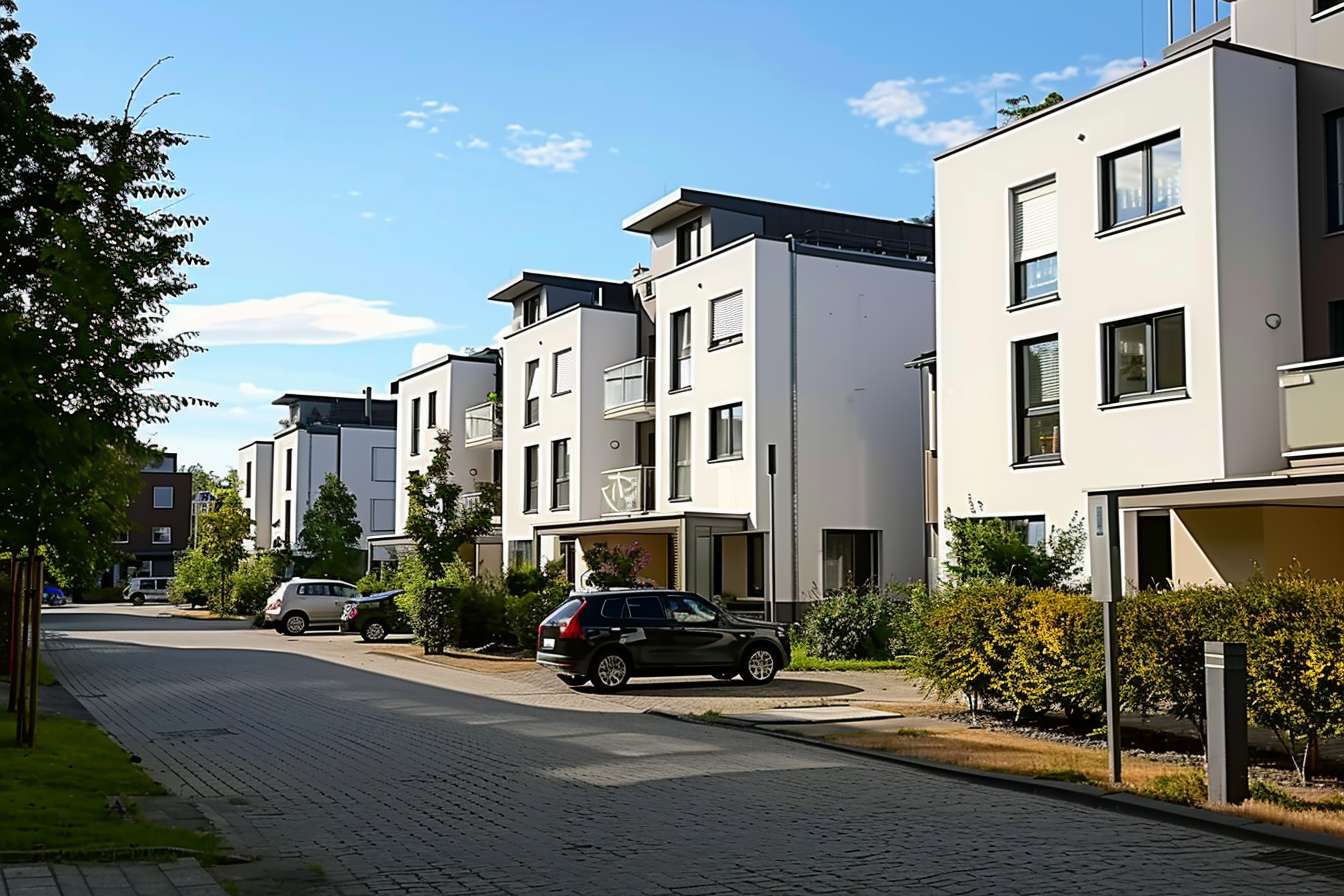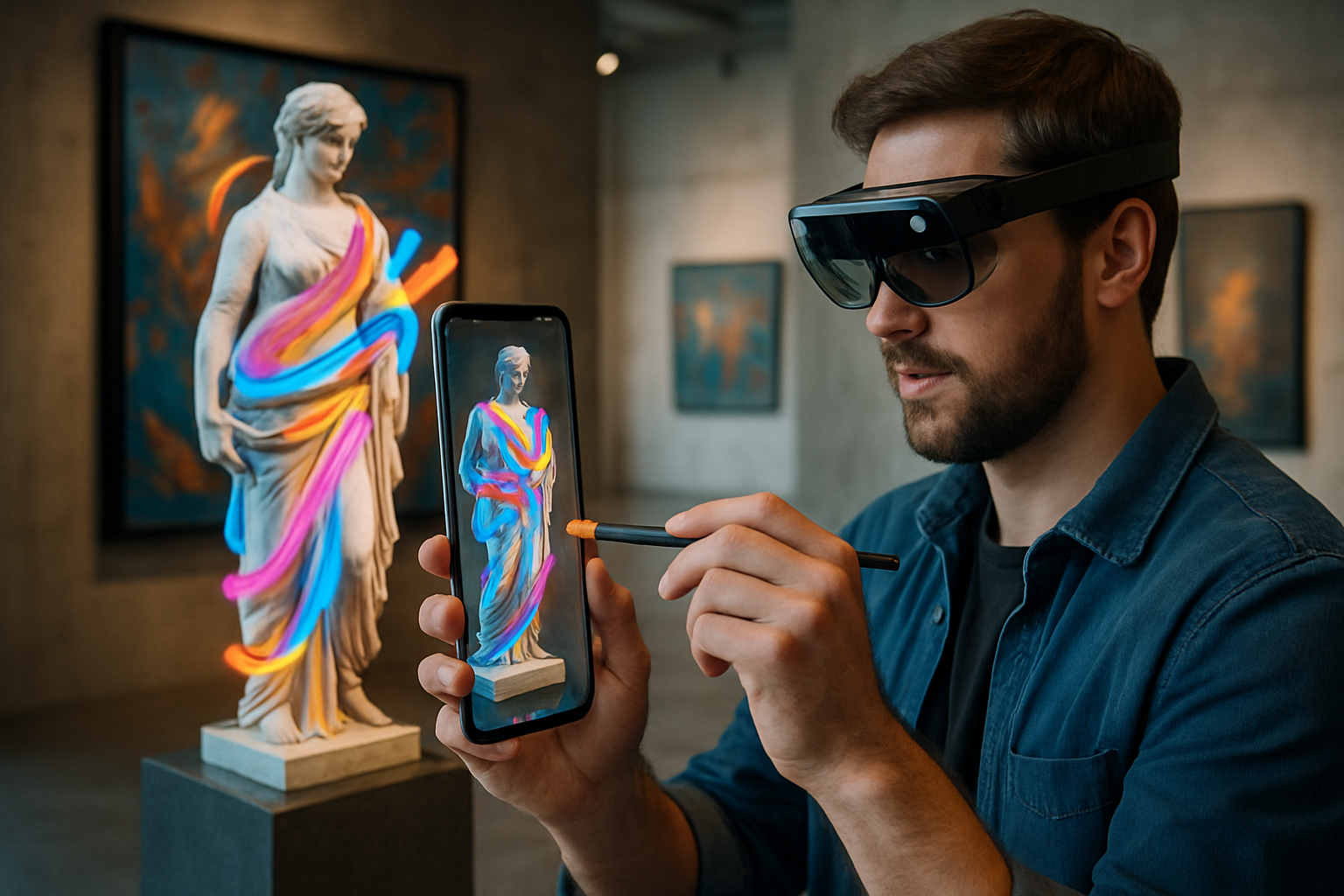Reimagining Urban Parking Spaces: A Real Estate Gold Mine
A quiet revolution is brewing in the world of urban real estate, and it's happening right beneath our feet—or more accurately, beneath our cars. As cities grapple with space constraints and shifting transportation habits, savvy investors and developers are turning their attention to an unexpected source of prime real estate: parking lots. This transformation is not just reshaping cityscapes; it's creating lucrative opportunities in the property market that few saw coming.

From Asphalt to Assets: The Economic Drivers
The economics behind this transformation are compelling. In many metropolitan areas, the land value of parking lots far exceeds their revenue potential as parking spaces. This disparity has caught the attention of forward-thinking real estate investors and developers. By repurposing these lots for mixed-use developments, residential complexes, or innovative commercial spaces, property owners can potentially multiply their returns several times over.
Adaptive Reuse: Breathing New Life into Concrete Landscapes
One of the most exciting aspects of this trend is the creative approaches being taken to repurpose parking structures. Architects and developers are finding ingenious ways to transform these utilitarian spaces into vibrant, multi-functional properties. From rooftop gardens and community spaces to flexible office environments and even vertical farms, the possibilities are limited only by imagination and local zoning laws.
The Rise of Automated Parking Systems
As developers look to maximize space efficiency, automated parking systems are gaining traction. These high-tech solutions can significantly increase parking capacity within a smaller footprint, freeing up valuable space for other uses. This technology not only addresses parking needs but also opens up new avenues for mixed-use development in dense urban areas.
Navigating Regulatory Challenges and Community Concerns
While the potential for redeveloping parking spaces is enormous, it’s not without challenges. Zoning regulations, building codes, and community resistance can pose significant hurdles. Successful projects often require close collaboration with local authorities and community stakeholders. Developers who can navigate these complexities stand to gain a significant competitive advantage in this emerging niche.
The Impact on Urban Real Estate Markets
The repurposing of parking lots is having a ripple effect on surrounding property values. As these once-neglected spaces transform into vibrant community hubs or innovative commercial centers, they can catalyze broader neighborhood revitalization. This trend is particularly notable in urban areas that have struggled with blight or underutilization.
Sustainability and Green Building Opportunities
Environmental considerations are playing a crucial role in the reimagining of parking spaces. Many projects are incorporating green building practices, from solar panels and rainwater harvesting systems to electric vehicle charging stations. This focus on sustainability not only appeals to eco-conscious tenants and buyers but can also lead to significant long-term cost savings and potential tax incentives.
The Future of Urban Mobility and Its Real Estate Implications
Looking ahead, the future of urban mobility—including the potential widespread adoption of autonomous vehicles—could further accelerate the transformation of parking spaces. As ride-sharing and self-driving technologies evolve, the demand for traditional parking may decrease, opening up even more opportunities for creative real estate development.
Investment Strategies for the Parking Space Revolution
For real estate investors looking to capitalize on this trend, several strategies are emerging. Some are focusing on acquiring undervalued parking lots in up-and-coming neighborhoods, betting on future redevelopment potential. Others are partnering with technology companies to implement smart parking solutions that can increase the value and efficiency of existing structures. Additionally, there’s growing interest in developing flexible spaces that can easily transition from parking to other uses as urban needs evolve.
In conclusion, the reimagining of urban parking spaces represents a fascinating convergence of real estate opportunity, urban planning, and technological innovation. As cities continue to evolve and adapt to changing demographics and lifestyles, these once-overlooked areas are emerging as key pieces in the urban development puzzle. For investors, developers, and urban planners alike, the transformation of parking lots into vibrant, multi-use spaces offers a unique chance to shape the cities of tomorrow while unlocking significant value in today’s real estate market.






